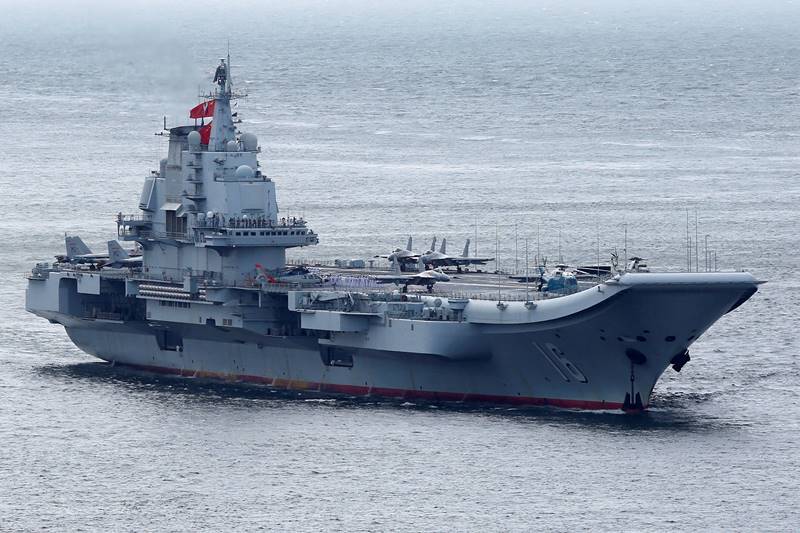
Soyuz MS-05 spacecraft is scheduled to be launched on 28 July 2017. MS-05 will be the 134th flight of a Soyuz spacecraft. It will transport three members of the Expedition 52 crew to the International Space Station. The crew will consist of a Russian commander, and a European and an American flight engineer. <br /><br /> The Soyuz spacecraft currently are the only spacecraft suitable to carry out manned missions to the ISS. The previous manned mission to the ISS on board the Soyuz MS-04 flight was launched on April 20. (Reuters) -
During Expedition 52, researchers will demonstrate more efficient solar arrays. (Reuters)
-
In addition they will study the physics of neutron stars, investigate a new drug to fight osteoporosis and study the adverse effects of prolonged exposure to microgravity on the heart. (Reuters)
-
To ensure the launch of the manned spacecraft Soyuz MS-05, Russian military aircraft are re-deployed to the airfields of Siberia and Kazakhstan. (Reuters)
-
To participate in the launch there will be 125 military servicemen, six Mi-8 helicopters, three An-26 and An-12 aicraft, as well as ten off-road vehicles, including two search and evacuation amphibians. (Reuters)
-
Members of the space crew are expected to spend 139 days in orbit. (Reuters)
-
At the Baikonur Cosmodrome in Kazakhstan, the Soyuz MS-05 spacecraft and its Soyuz booster are transported from the Integration Facility to the launch pad. (Reuters)
-
The Soyuz MS-05 will carry Expedition 52-53 Soyuz Commander Sergey Ryazanskiy of Roscosmos and Flight Engineers Randy Bresnik of NASA and Paolo Nespoli of ESA (European Space Agency) to the orbital complex for a four-and-a-half month mission. (Reuters)
-
After the launch, the trio – Randy Bresnik, Sergey Ryazanskiy and Paolo Nespoli will travel for six hours in the Soyuz MS-05 spacecraft before docking to the space station’s Rassvet module. (Reuters)
-
The arriving crew will be welcomed onboard by Expedition 52 Commander Fyodor Yurchikhin of Roscosmos and Flight Engineers Peggy Whitson and Jack Fischer of NASA. (Reuters)